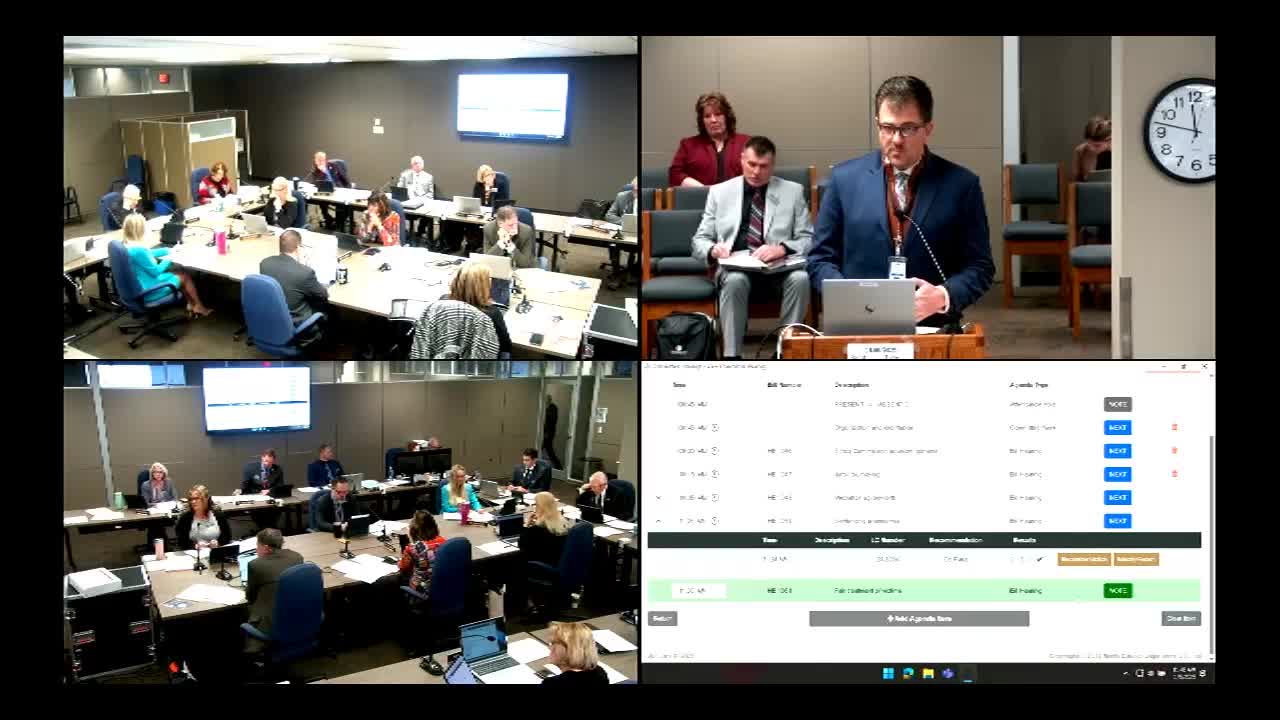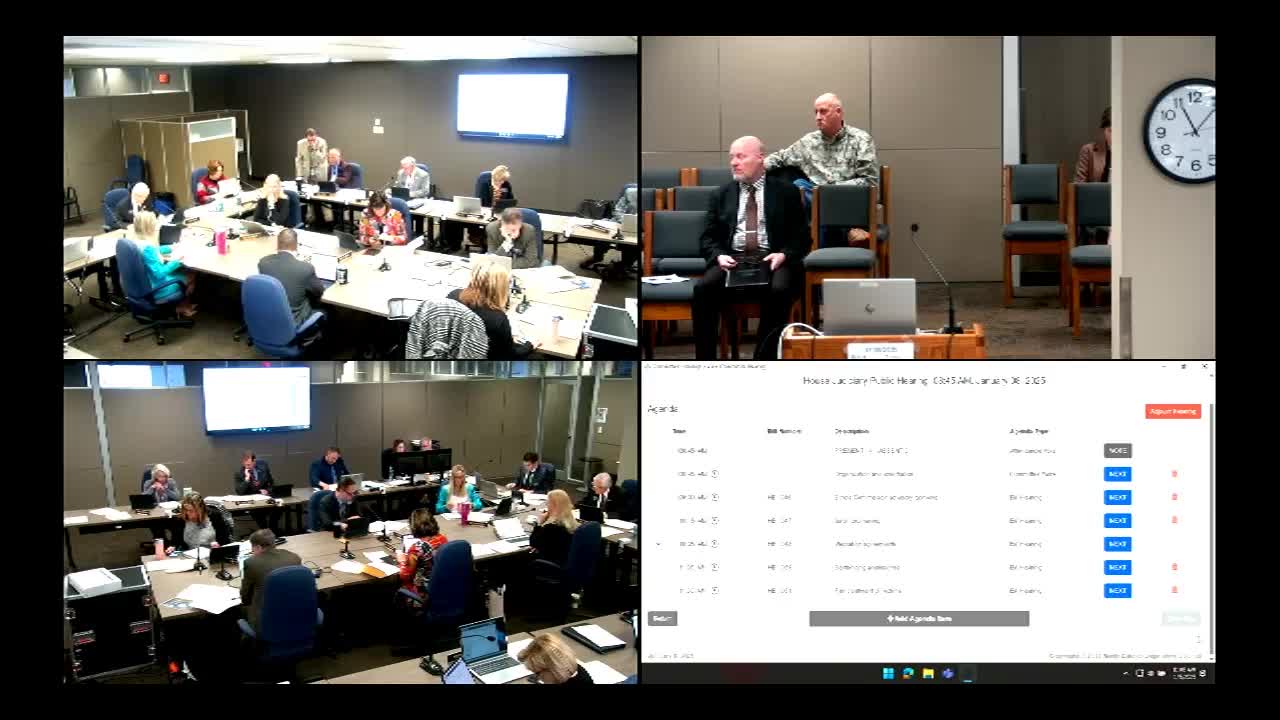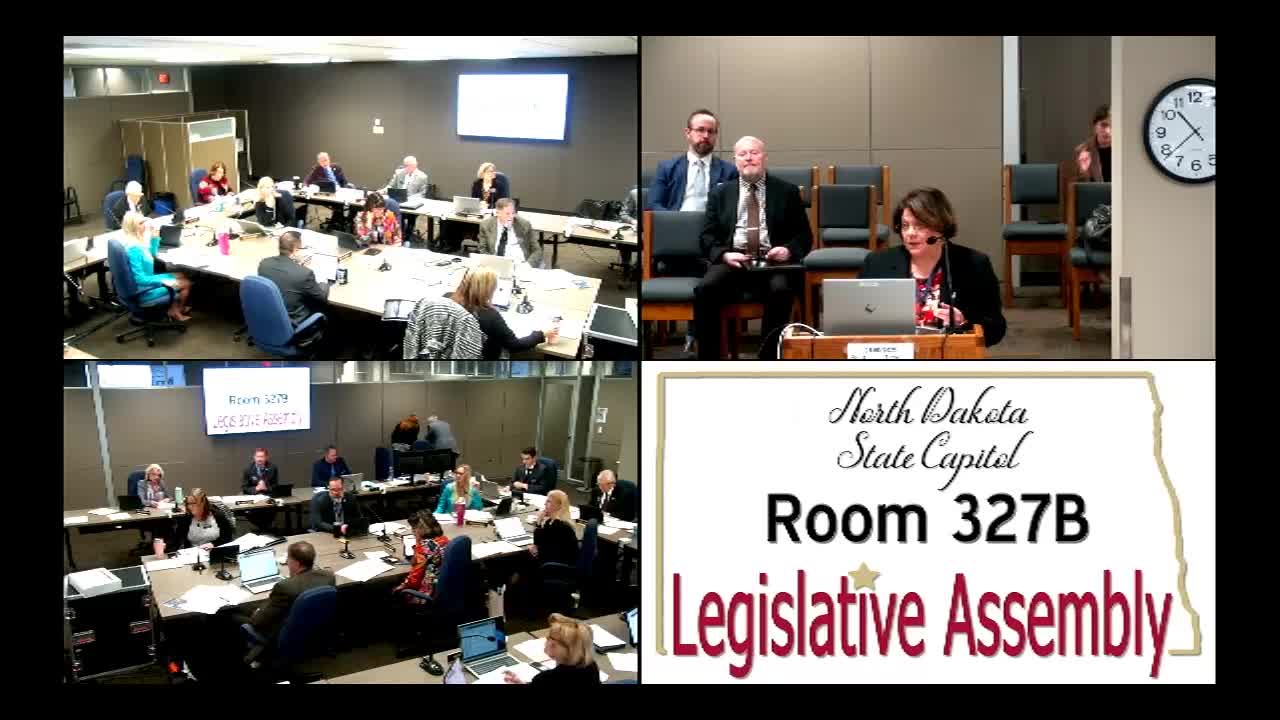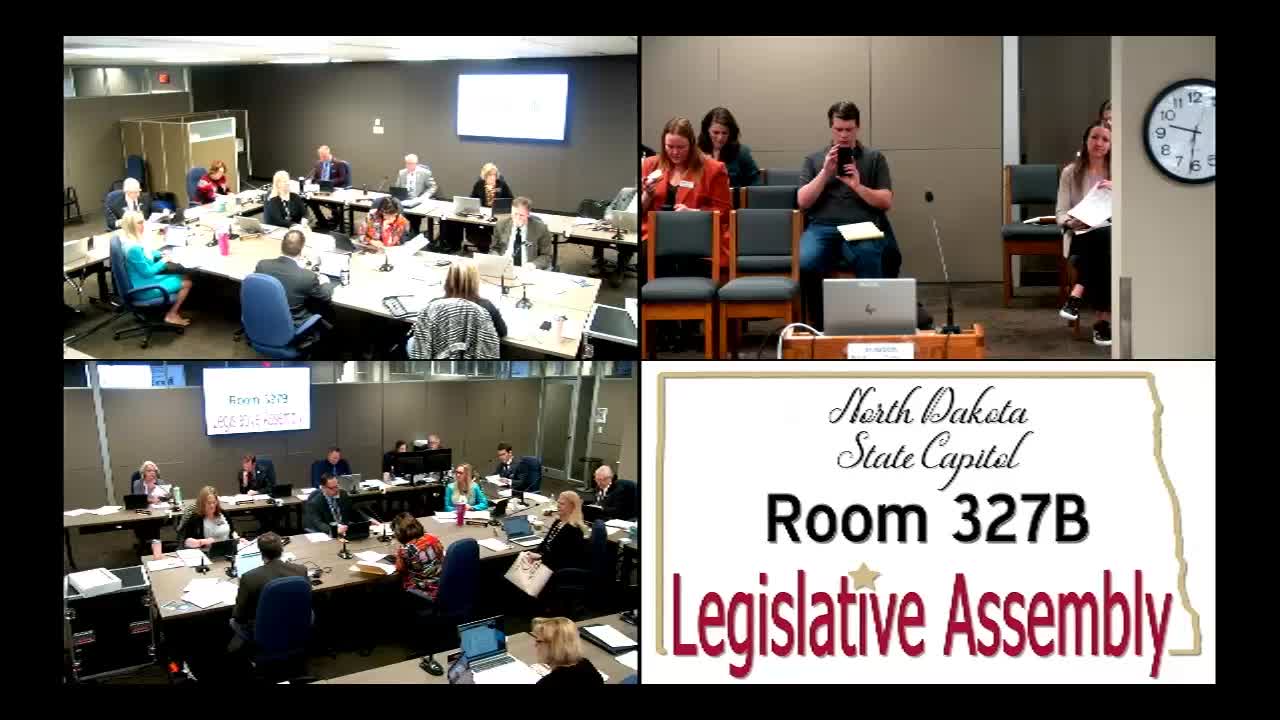Article not found
This article is no longer available. But don't worry—we've gathered other articles that discuss the same topic.

Victims' notification bill draws support and opposition over default opt-in language

Committee clarifies misdemeanor level for short felony sentences; votes to advance bill

Committee approves change letting mediators prepare summary but keep parties' signatures private

Court administrator seeks limited counseling for jurors exposed to graphic evidence

